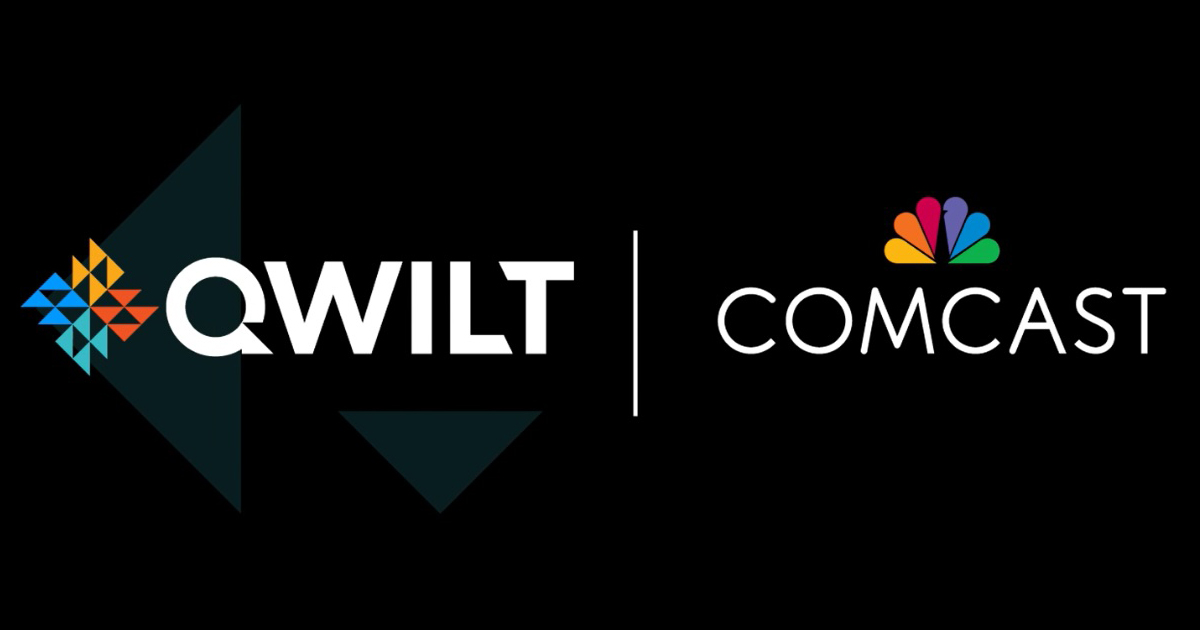Comcast to Deploy Qwilt’s Open Caching Platform at Hundreds of Locations

Qwilt and Comcast announced a deal that will see Comcast deploy Qwilt’s open caching platform inside its network at hundreds of locations over the rollout, with the first locations going live in the next 1-2 months. The companies are not disclosing the capacity Comcast will deploy within their network or the percentage of total video traffic that Qwilt’s Open Edge platform will deliver across Comcast’s network. However, with the addition of Comcast to Qwilt’s federated CDN strategy, Qwilt says their total on-net coverage of US broadband households will be 55% at the end of this year. While Qwilt has full US regional coverage like other commercial CDNs, its on-net coverage, with many embedded edge delivery nodes, distinguishes its operation and business model.
While Qwilt started as a point solution selling to ISPs, the company has transitioned to becoming its own federated CDN, selling delivery across multiple ISPs directly to content owners. It is starting to compete more with traditional CDN providers like Akamai, Fastly, and Edgio, using its federated CDN model to get a percentage of traffic from customers who use a multi-CDN approach. I have previously highlighted how I have seen Qwilt in the mix for a small percentage of live event traffic from Prime Video, Peacock and other large content distributors. With the Comcast deal giving Qwilt a much larger footprint, the company hopes to get a larger share of customer traffic going forward.
In the federated CDN model, Qwilt shares revenue with ISPs, as they will do in their deal with Comcast. A big advantage that Qwilt has over traditional CDNs is that the ISP provides the hardware—allowing Qwilt to add capacity at a fraction of the cost of competitors since Qwilt does not have to spend capex on edge infrastructure since the service provider owns and operates that part of the network. Comcast claims that by deploying Qwilt within their network, Comcast will create “the most distributed content delivery network (CDN) in the US.” While their wording is too generic, Comcast means most distributed within an ISP environment. Comcast will not have the capacity that Akamai or select other CDNs have in the US. Being widely distributed is crucial to offering a CDN service, but so is capacity, which must go hand-in-hand.
